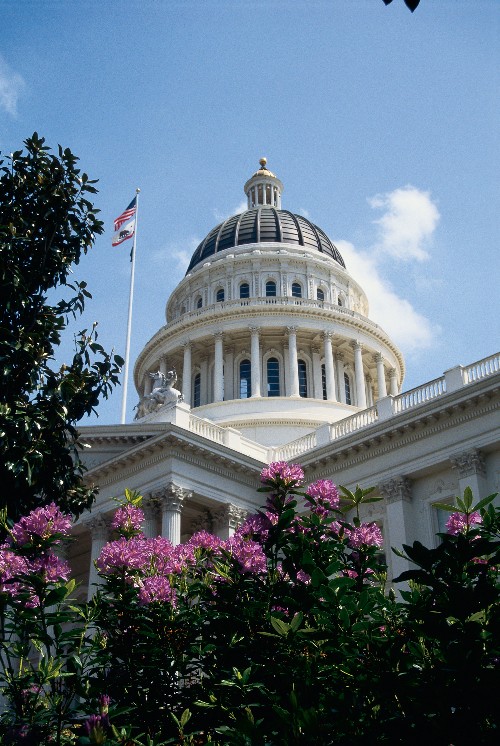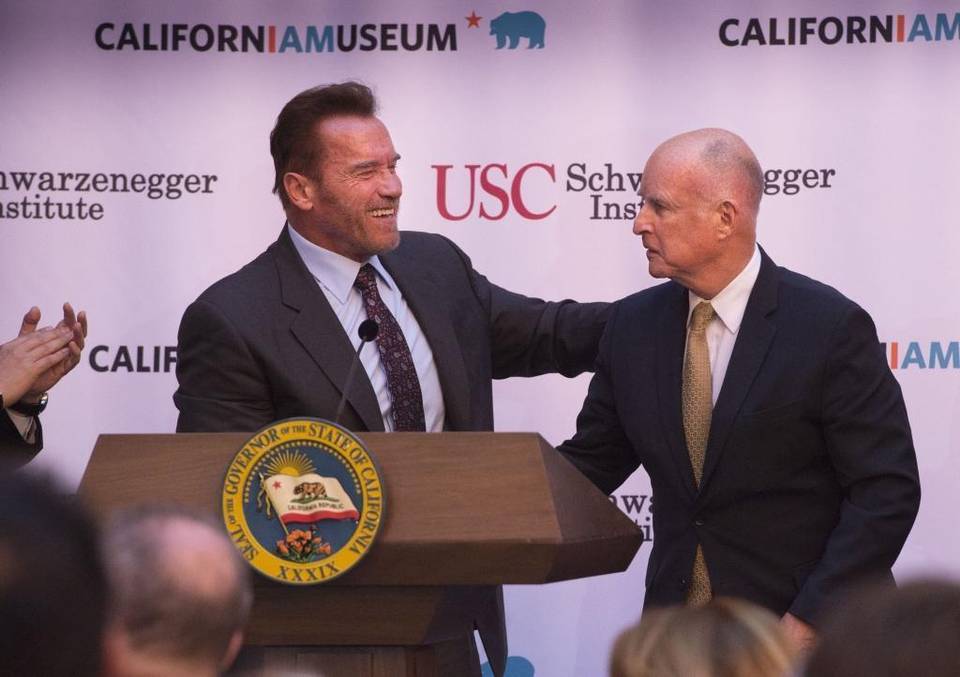Regulation
Environmental Law under Trump: A Threat Assessment
Environmental law may face attack on many fronts during the Trump Administration. As we were all forcefully reminded last week, predictions are always uncertain. Trump’s own intentions are not yet clear, and there are many permutations that could affect the end result. Rather than trying to predict exactly what will or won’t happen, it may …
Continue reading “Environmental Law under Trump: A Threat Assessment”
CONTINUE READINGWhat Will Trump Do? Maybe Not What We Expect.
If he cares about 2020, he’ll have to do some recalibrating.
To be honest, no one really knows what Trump will do. Maybe not even Trump. The obvious is often the safest best. In this post, I’m going to speculate about another, slightly less dire, possibility. He may take the most obvious path – which would mean ripping the heart out of our environmental laws. For instance, he …
Continue reading “What Will Trump Do? Maybe Not What We Expect.”
CONTINUE READINGWhat Does a Trump Presidency Portend for California’s Environmental Policies?
Constitutional Issues Loom Large in Future, Likely Federal-California Legal Confrontations
Sensing political storm clouds ahead, California Governor Jerry Brown yesterday issued a statement on the presidential election results that concludes: “We will protect the precious rights of our people and continue to confront the existential threat of our time–devastating climate change.” Several of my Legal Planet colleagues have recently posted thoughtful commentary on what Donald Trump’s …
Continue reading “What Does a Trump Presidency Portend for California’s Environmental Policies?”
CONTINUE READINGDefending the Environment in Dark Times
Where do we go from here?
Yesterday’s election didn’t turn out the way many of us hoped. The results may put in danger much of the progress made over the past eight years in addressing environmental issues and even risk some earlier accomplishments. What’s done is done, however, and we need to think about how to move forward. The Bush years …
Continue reading “Defending the Environment in Dark Times”
CONTINUE READINGTahoe Regional Planning Agency Wins Big in Ninth Circuit
U.S. Court of Appeals Rejects Challenge to TRPA’s Regional Plan
This week the Tahoe Regional Planning Agency (TRPA) won a major legal victory in the U.S. Court of Appeals for the Ninth Circuit. A unanimous three-judge panel of that court rejected environmentalists’ challenge to TRPA’s adopted Regional Plan for the Lake Tahoe Basin in Sierra Club v. Tahoe Regional Planning Agency. The Ninth Circuit decision effectively …
Continue reading “Tahoe Regional Planning Agency Wins Big in Ninth Circuit”
CONTINUE READINGUC Berkeley & UCLA Law Launch New Climate Policy Website
Register for a webinar on the new site’s features on Wednesday at 2pm, with a keynote by Mary Nichols
To meet the challenge of climate change, California and other governments will need to adopt a suite of policies affecting multiple sectors. Reducing economy-wide greenhouse gas emissions will take reforms in energy, land use, transportation, and agriculture, to name just a few. Since 2009, UC Berkeley and UCLA Schools of Law, with the generous support …
Continue reading “UC Berkeley & UCLA Law Launch New Climate Policy Website”
CONTINUE READINGMy Environmental Law Wish List For A California Legislative Super-Majority
Tuesday could give Democrats enough seats to make a major impact on environmental policies
The presidential election next week is making most of the news these days, but while the rest of the country flirts with electing Donald Trump as the next president, California is going its own progressive way. The Republican Party has been all but completely marginalized in this state, for a variety of demographic reasons and …
Continue reading “My Environmental Law Wish List For A California Legislative Super-Majority”
CONTINUE READINGObama’s Remarkable Environmental Achievements
When you look at the whole of his legacy, it’s a stunning record.
When he leaves office in January, President Obama will have compiled a remarkable record of environmental achievements. The record spans everything from climate change to endangered species and ocean protection. We can only hope that next Tuesday’s election doesn’t undo many of these gains. Here is a list, in no particular order, of twenty of …
Continue reading “Obama’s Remarkable Environmental Achievements”
CONTINUE READINGThe Steadily-Dying Sierra Nevadas
Drought, Bark Beetle Infestation, Climate Change Imperil Sierra Pine Forests
Like over 600 other environmental lawyers, professors, law students and regulators, I attended the 25th annual Environmental Law Conference at Yosemite last weekend. As always, the Conference–sponsored by the California State Bar’s Environmental Law Section–was a big success, filled with inspirational speakers and thought-provoking panels. But the major topic of conversation–during the Conference proceedings, in …
Continue reading “The Steadily-Dying Sierra Nevadas”
CONTINUE READINGCelebrating California’s Climate Change Leadership
State Government Leaders From Both Parties Celebrate AB 32’s Tenth Anniversary
In stark contrast to a dysfunctional national government and an utterly dispiriting presidential campaign, Sacramento, California was today the site of an inspirational, bipartisan celebration. Current California Governor Jerry Brown, a Democrat, and his predecessor, Republican Governor Arnold Schwarzenegger, joined past and present state legislative leaders to commemorate the 10th anniversary of California’s landmark Global Warming Solutions Act of 2006, better known as …
Continue reading “Celebrating California’s Climate Change Leadership”
CONTINUE READING










